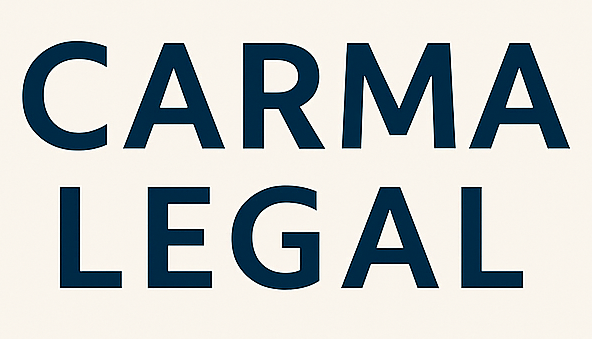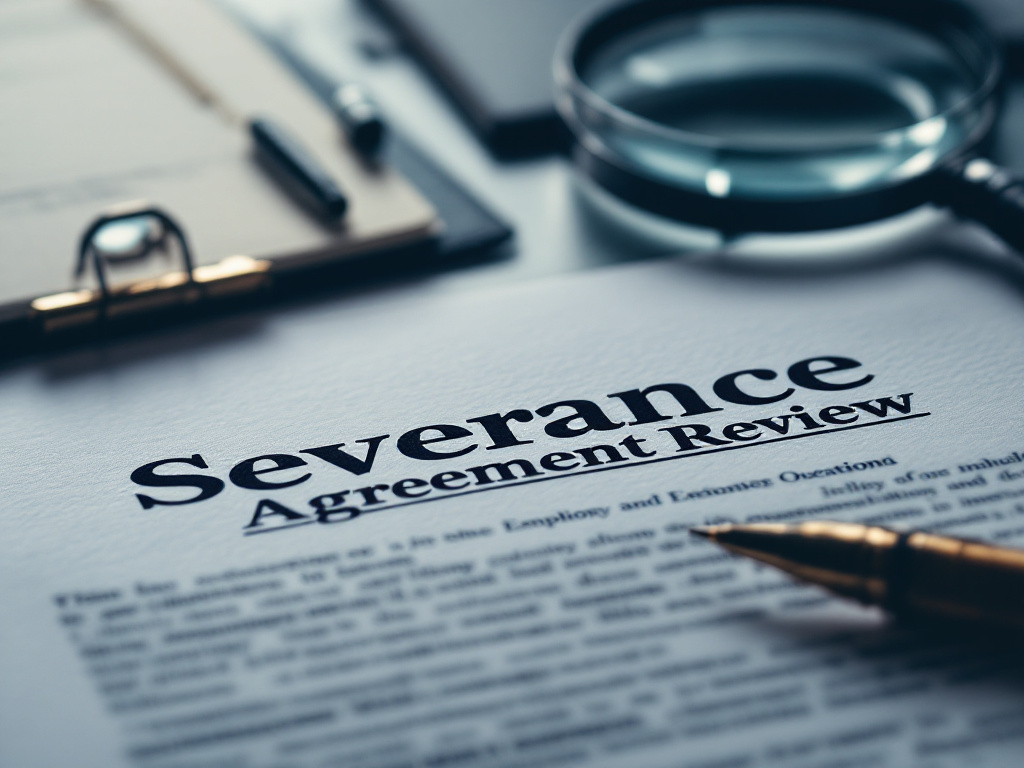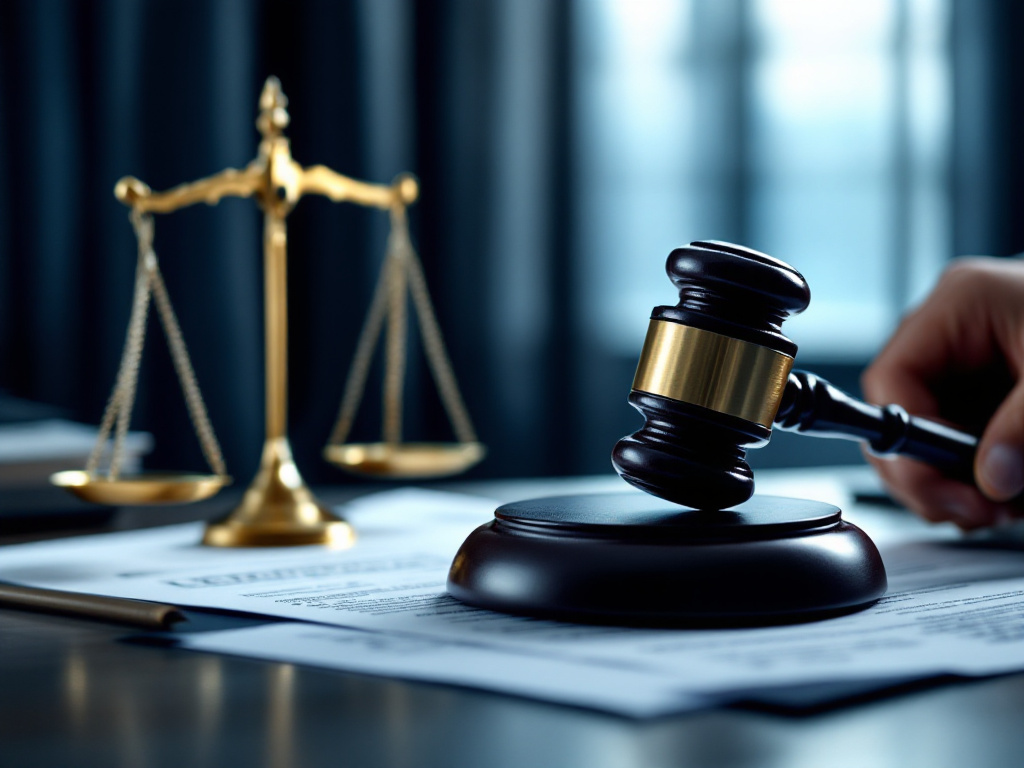When you have been injured in a collision involving a commercial truck, bus or delivery van, you face a more complex legal landscape than with a typical car crash. A commercial vehicle accident attorney brings specialized expertise in trucking regulations, liability issues and insurance protocols, guiding you toward maximum compensation. By consulting legal representation early, you safeguard critical evidence and ensure no deadline is missed.
Commercial vehicle collisions often involve catastrophic injuries and long-term consequences. According to Stracci Law, approximately 5,000 Americans die every year in truck accidents, emphasizing how severe these events can be. In 2024, there were 166,778 large truck crashes nationwide, including 5,172 in Ohio alone [1]. Victims frequently face mounting medical bills, lost wages and emotional distress while negotiating with powerful insurance carriers.
Insurance adjusters may reach out quickly after your crash, pressuring you to give recorded statements or accept early settlement offers. Without legal counsel, you risk undervaluing your injuries and waiving rights. In addition, vital evidence such as surveillance footage or accident scene measurements can be lost if not preserved promptly.
Time is of the essence. Many claims require notice to insurers or government entities within days or weeks. Witness recollections fade, and physical evidence can deteriorate. Retaining a lawyer in the days following your accident helps lock in perishable evidence and establish a strong foundation for your claim.
If you were also involved in a passenger-vehicle collision, you may need a car accident attorney to handle that aspect of your case. A coordinated legal strategy ensures every element of your claim is addressed and no avenue for recovery is overlooked.
Understand complex liability
When you pursue compensation after a crash involving a truck, bus or other commercial vehicle, you need to identify every party that might share fault. Unlike a typical car accident, liability can extend beyond the driver to the trucking company, cargo loader, maintenance provider and even government entities responsible for road conditions.
Multiple involved parties
Liability may fall on any of the following:
- The driver, for negligence such as fatigued or impaired driving
- The employer, under the principle of respondeat superior
- The vehicle owner, if the truck was leased or rented
- Manufacturers, when a defective part contributes to an accident
- Cargo loading firms, if improper loading causes a trailer shift
- Government agencies, for failing to maintain safe roadways [2]
Shared fault scenarios
Truck accidents often involve contributory negligence. In some states, you may recover reduced damages if you share part of the blame. Your attorney will:
- Assess comparative or contributory fault rules in your jurisdiction
- Quantify your percentage of responsibility
- Negotiate with insurers to minimize any reduction in your award
Regulatory factors
Commercial vehicles operate under strict federal and state regulations. For example:
- The Federal Motor Carrier Safety Administration (FMCSA) has regulated hours-of-service since January 2000, aiming to prevent driver fatigue [1]
- Drivers may operate up to 11 hours after 10 consecutive hours off duty to reduce collision risk [3]
- State laws require commercial drivers to hold a valid CDL for vehicles over 26,000 pounds and comply with rigorous drug testing protocols [4]
Your attorney will scrutinize compliance records, driver logs and maintenance documents to establish any violations that strengthen your claim.
Investigate accident thoroughly
A thorough investigation is the foundation of a strong claim. Insurers will conduct their own inquiry, often seeking to limit payouts. By retaining legal counsel early, you ensure that evidence is preserved and your rights are protected.
Gather critical evidence
Your attorney will collect and analyze:
- Police and accident reports, including driver citations
- On-scene photographs, drone footage and video recordings
- Surveillance tapes from nearby businesses
- Electronic Logging Device (ELD) and GPS data
- Cargo manifests, weight tickets and load-matching documents
- Post-accident drug and alcohol test results
- Vehicle black box downloads, if available
Truck accident attorneys conduct in-depth investigations to uncover all liable parties, evaluate evidence and build a persuasive claim [5].
Analyze driver records
Commercial drivers must maintain detailed records, including:
- Hours-of-service and duty status logs
- Vehicle inspection, maintenance and repair reports
- Drug and alcohol testing histories (pre-employment, random, reasonable cause, post-accident)
- Driver qualification files, including background checks
Your attorney will review these records to identify regulatory violations and strengthen your case.
Interview witnesses and experts
Eyewitness statements add credibility to your narrative. A lawyer will:
- Locate and interview first responders, drivers and bystanders
- Preserve sworn statements and affidavits
- Engage accident reconstruction experts to model collision dynamics
- Retain medical specialists to explain injury mechanisms
Navigate insurance claims
Insurance carriers for trucking companies often have vast resources and dedicated teams trained to minimize payouts. You need a legal advocate who understands how to counter lowball offers and protect your interests.
Manage communication with adjusters
Adjusters may contact you soon after your accident. Your attorney will:
- Handle all communications and protect you from self-incriminating statements
- Shield you from repeated or harassing calls
- Log every conversation for future reference
Address lowball settlement offers
Insurers frequently issue quick, lowball offers to close claims cheaply. A lawyer can:
- Evaluate any proposed settlement against documented losses
- Reject inadequate offers and present detailed demand letters
- Leverage evidence of negligence, expert reports and future care needs to justify higher compensation
Handle complex policies
Commercial carriers often carry multiple layers of insurance, including:
- Primary liability policies for the vehicle
- Umbrella or excess policies for catastrophic damages
- Self-insured retentions for larger carriers
Your attorney will identify every policy, allocate claims appropriately and ensure you file against each carrier before deadlines.
Fulfill notice requirements
Most commercial carriers require prompt notice of a claim. Failing to meet notice rules can bar your recovery. Your attorney will:
- Draft and serve notice letters in compliance with policy terms
- Track deadlines and proof of delivery
- Monitor any additional procedural obligations, such as mandatory arbitration or governmental notice requirements
Maximize compensation outcomes
An experienced attorney focuses on recovering every form of allowable compensation, not just current medical bills. You deserve to be made whole for all losses related to the crash.
Calculate economic damages
Economic damages are tangible, quantifiable losses. They include:
- Past and future medical expenses, including hospitalization, surgeries and therapy
- Lost wages, sick days, overtime and diminished earning capacity
- Costs of home modifications, assistive equipment and transportation
- Rehabilitation, vocational training and attendant care
- Property damage, from a totaled vehicle to personal belongings
Evaluate non-economic damages
Non-economic damages compensate for intangible harms, such as:
- Physical pain and suffering
- Emotional distress, anxiety and post-traumatic stress
- Loss of consortium or companionship for family members
- Disfigurement, scarring and permanent disabilities
| Damage type | Description |
|---|---|
| Medical expenses | Hospital bills, surgeries, therapy sessions |
| Lost income | Wages, bonuses, benefits, future earning potential |
| Future care costs | Medication, home care, mobility aids |
| Pain and suffering | Physical pain, mental anguish, loss of life quality |
| Property damage | Vehicle repair, personal items replacement |
Pursue punitive damages
In cases involving gross negligence or intentional misconduct—such as ignoring safety protocols or falsifying logbooks—you may pursue punitive damages. Your attorney will gather evidence to support such claims under state law.
Manage deadlines and statutes
Missing a filing deadline can bar you from recovery altogether. Legal timelines vary by state and by type of claim, so timely action is essential.
Statute of limitations
State laws impose time limits for personal injury lawsuits, typically two to three years from the date of the accident. Your attorney will:
- Determine the applicable limitation period in your jurisdiction
- File suit or negotiate tolling agreements before the deadline
- Advise on exceptions, such as delayed discovery for latent injuries
Federal claim deadlines
Claims against federal agencies or those governed by federal statutes require separate notice and filing deadlines. For example:
- Actions under the Federal Tort Claims Act must be filed within two years of the incident
- Claims involving federal contractors may have unique notice requirements
Notice to carriers
Commercial insurers and self-insured entities often require written notice within strict timeframes. Your attorney will:
- Draft and send compliant notice letters under each policy
- Record delivery and acknowledgments
- Preserve your right to recovery against every insurer involved
Provide trial and negotiation
While many cases resolve through settlement, your attorney must be fully prepared to take your case to trial if necessary. A balanced skill set in negotiation and litigation strengthens your bargaining position.
Settlement negotiation
Your lawyer will:
- Compile a comprehensive demand package, including medical records, expert reports and damage calculations
- Engage in settlement discussions or mediation sessions
- Use detailed legal research to support liability and damages arguments
Prepare for trial
If negotiations fail, your attorney will:
- Draft and file the complaint and pursue discovery
- Conduct depositions of parties and expert witnesses
- File pretrial motions, including motions in limine to exclude prejudicial evidence
- Develop trial strategies tailored to juror demographics and case specifics
Use expert witnesses
Complex commercial vehicle accidents often hinge on expert testimony. Your attorney will assemble a team that may include:
- Accident reconstruction specialists
- Biomechanical engineers
- Vocational rehabilitation experts
- Economists to quantify lifetime losses
Offer ongoing support
Pursuing a major injury claim is stressful. A skilled attorney provides more than legal representation, offering guidance and reassurance throughout the process.
Transparent communication
Expect clear, consistent updates on:
- Case milestones and next steps
- Settlement offers and counteroffers
- Discovery schedules and depositions
Client guidance
Good attorneys help you by:
- Coordinating medical referrals to specialists experienced in traumatic injuries
- Advising on rehabilitation options and mental health support
- Explaining every stage of your claim so you understand your rights
Alleviating stress
By handling paperwork, negotiations and court filings, your attorney frees you to focus on recovery and family. This support reduces anxiety and helps you make informed decisions.
Choose the right attorney
Selecting an attorney with specific experience in commercial vehicle accidents is crucial. Look beyond general personal injury lawyers to those who understand the unique challenges of large-truck, bus and van collisions.
Seek proven experience
A qualified attorney should have:
- A track record of significant verdicts and settlements in commercial vehicle cases
- In-depth knowledge of trucking regulations and insurance practices
- Experience collaborating with experts in accident reconstruction and medical fields
Consider consulting a truck accident lawyer or a semi-truck crash attorney to ensure you have a specialist on your side.
Review fee structure
Most personal injury attorneys work on contingency, meaning they collect a percentage of your recovery only if you win. Ask about:
- The contingency fee percentage
- Any additional costs for experts, court filings or travel
- How costs are advanced and recouped
Ask the right questions
Before hiring, you should inquire:
- How many commercial vehicle cases have you handled to trial or settlement?
- What is your average recovery for cases similar to mine?
- Who on your team will handle my case day to day?
- Can you provide references from past clients?
Commercial vehicle accidents pose serious physical, emotional and financial challenges. You do not have to navigate this process alone. By hiring a qualified commercial vehicle accident attorney, you ensure that:
- All liable parties are identified
- Evidence is preserved and analyzed
- Insurance negotiations are handled professionally
- Deadlines and procedural requirements are met
- You receive maximum compensation for your losses
Contact a best truck accident attorney today to schedule a free consultation and learn how you can move forward with confidence.








